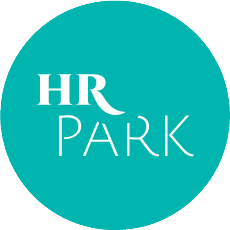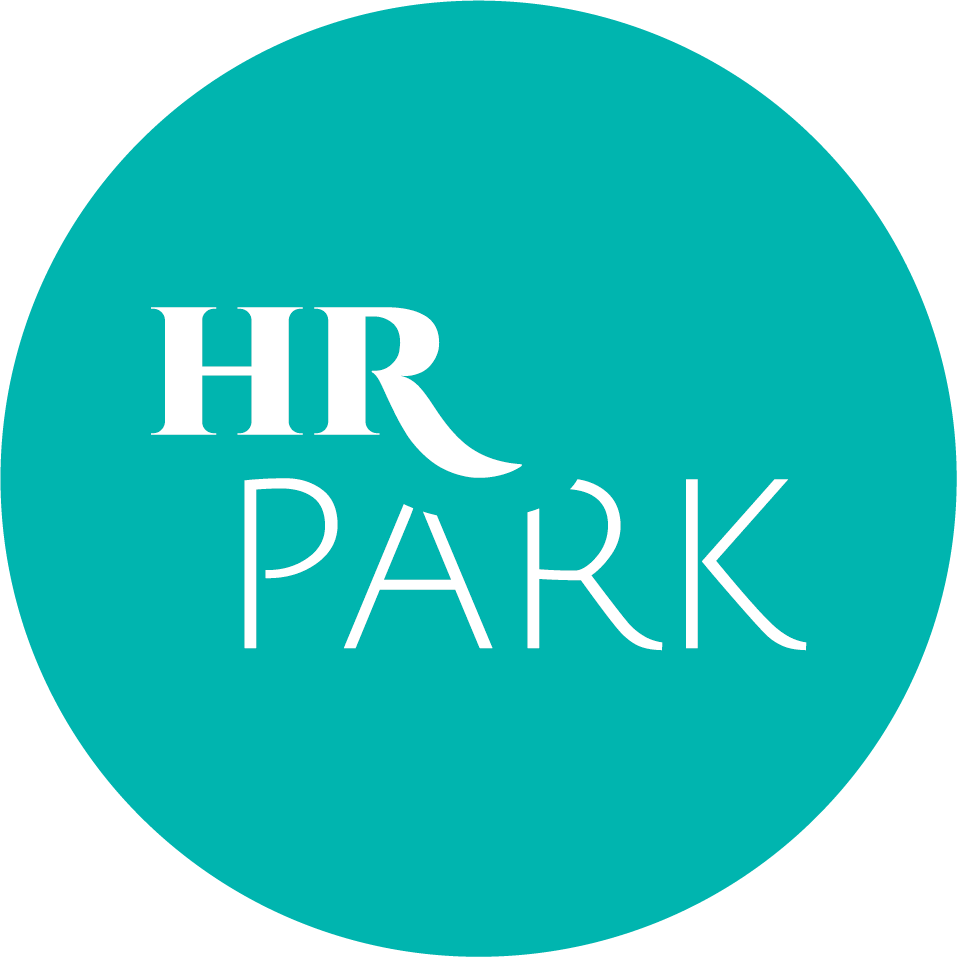Most business leaders now see staff development as an expectation rather than an issue. But if so many people are training their colleagues, why aren't we seeing more real change? Why is it that after a training session, little changes in day-to-day operations? And how can we do it differently?
The answer lies not in a new methodology or a fancy acronym, but in what the goal is, how the development fits into the life of the organisation - and how it is put into practice.
In this article, we show when it's worth investing in training and how to ensure that it really makes a difference.
Training or change? It's not always what we expect. Training is not an end in itself, but a means. If the goal is to get managers to communicate more effectively, or to get the team to work better together, then good training is not enough - development must be an integral part of the organisation.
The question is more like this:
What changes would you like to see three weeks - or three months - after the training?
This is the question we start every development project at HR Park with. Because if you don't have a clear objective, the training will be an experience - not a result.
Which themes are most effective today?
Classic competences such as communication, time management or giving feedback are still important today. But the changing world also requires new skills and a new approach:
Leadership in the hybrid space - how to motivate and manage a partially remote team?
Stress management, resilience - not as a "wellness programme", but to stabilise and enhance performance
Creating a feedback culture - not through training, but through an internal programme
Developing intergenerational collaboration - where generations Y and Z have a different understanding of leadership, goals and feedback
Conflict management at management level - because tension is not necessarily a problem if we can work with it
It is not the topic that determines the success of the training, but the purpose and the context.
Training or coaching? When is it a better choice?
We often get the question "Do you recommend training or coaching?"
The answer always depends on the difficulty.
If you want to develop a common knowledge or approach at group level, training is more effective.
If the goal is individual stagnation, leadership dilemmas or role development, coaching is a more personalised tool.
Often, a combination of the two works best: after a thematic training session, a few sessions of coaching support help to put into practice what has been learned, where individual difficulties or strengths are highlighted. This is what makes a real difference.
When is it worth organising training and when is it not?
We often hear "we need training because the team is falling apart" or "the manager complains that they don't communicate enough". But if we only treat the symptom, training will not solve it. Training should be organised when:
- have a specific, measurable objective (e.g. "to make managers more effective in giving feedback"),
- fits in with the life of the organisation (e.g. not in the middle of the peak season),
- there is internal support (including commitment at management level),
- and there are opportunities for follow-up - either through coaching or project work.
Training does not solve organisational structure or culture problems, but if it is well designed, it can start a change that can be built on.
What makes a training course with us HR Park?
By offering change, not a programme. We take the time to consult before any development, understand the inner workings, and tailor the proposal to really fit the company's goals. We don't sell templates, but tailor-made solutions, and we don't offer a one-off opportunity, but a process, which may include training, coaching or even organisational development. And by real development we mean that we don't think "just" from an HR perspective, but also from a business perspective. When we talk about training, coaching or any kind of skills development, it is worth considering it as a business investment. After all, it's not a one day thing, it has a long term impact on performance, retention, leadership effectiveness and organisational culture.
At HR Park, we not only have experience in development - we also have a passion for it. We believe that a well-managed training and coaching programme is not for the sake of HR, but for the success of the business.
Ask us for a free consultation and let's work out together what skills development your team really needs. Just one conversation can start a new way of thinking.

